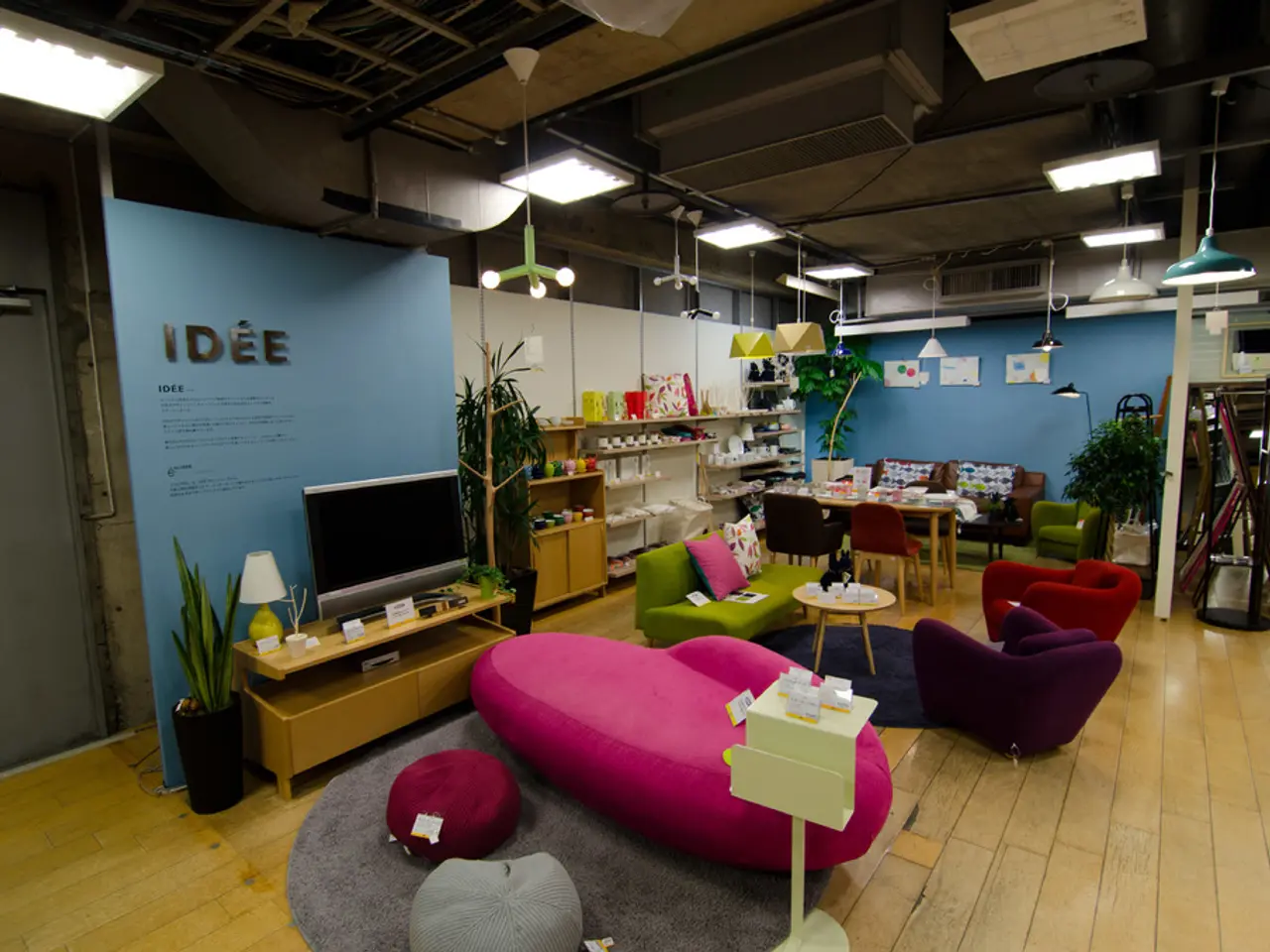The Future of Green Energy: Saying Goodbye to the German Shrine
"Expansive infrastructure geared towards renewable energy sources"
Got a bone to pick with German politics? You're not alone, says Klaus Mindrup, an energy expert chiming in on the debate about the construction of new gas power plants. Mindrup isn't sold on the idea, pointing out that the real issue is heat, not electricity.
What's the deal, then? German politics is myopic, according to Mindrup. It fragments the energy system into separate sectors - electricity, heat, transportation - instead of thinking holistically about the energy transition. Renewables are different from the old system, and we need to accept that, Mindrup argues.
So, what's the fix? Mindrup suggests taking a cue from California. The future lies in island networks, local price signals, combined heat and power, and batteries.
The current German plan calls for 20 gigawatts of new gas power plants as a "firefighter" for the power system, but as Mindrup puts it, "The firefighter is only needed when there's a fire. But you can also prevent fires by building a safer house."
But isn't it necessary to build a large and closely interconnected European power grid? Mindrup isn't so sure, noting that without storage, a large grid isn't feasible. In fact, grid congestion is a real issue, with solar expansion regularly outpacing network expansion in Germany.
How can we fix this? Mindrup suggests employing a more cellular approach, where even small networks can be successively interconnected. Local trading, stabilized by batteries, would reduce the need for expensive redispatch costs.
Among the other advantages of this approach: Batteries can store, release, stabilize the grid, and compensate for reactive power. They're all-rounders that aren't considered part of the infrastructure in Germany - but they should be.
In the US and most other liberalized electricity markets outside Europe, local price signals reflect the local situation. Germany, on the other hand, faces extensive after-control due to the lack of coupling between transport and trade. But the implementation of this approach in Europe would not be a problem, says Mindrup.
In short, the future of green energy isn't about constructing more gas power plants or expansive European power grids. It's about embracing a smarter, more flexible, and integrated grid system that better accommodates renewable energy's variability and enhances grid stability. It's time to abandon the German shrine.
The community policy should incorporate the adoption of a smarter, more flexible, and integrated grid system to accommodate the variability of renewable energy and enhance grid stability, as suggested by Klaus Mindrup. This approach would probably involve increased employment in the renewable-energy industry, particularly in the finance sector, as the future lies in innovations such as island networks, local price signals, combined heat and power, and batteries.




